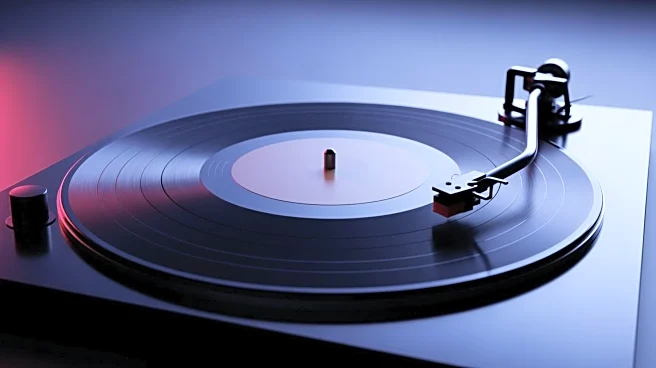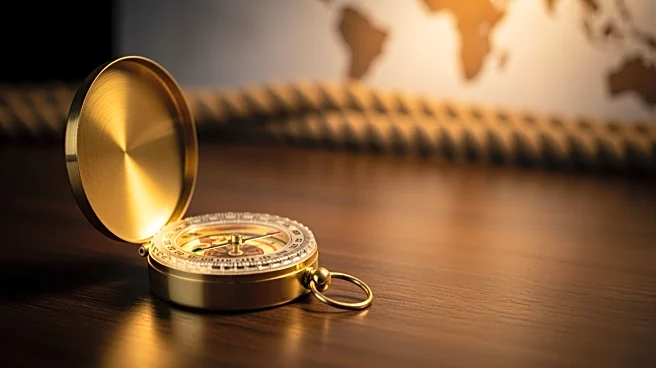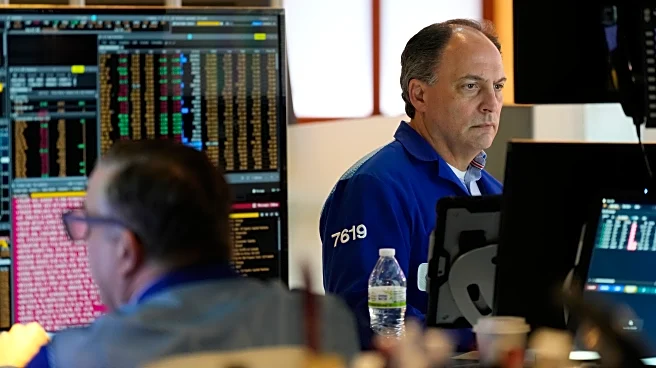NAGASAKI, Japan (AP) — Nagasaki is marking the U.S. atomic attack on the southern Japanese city 80 years ago and survivors of the attack are working to make their hometown the last place on earth hit by
the bomb.
Despite their pain from wounds, discrimination and illnesses from radiation, survivors have publicly committed to a shared goal of abolishing nuclear weapons. But recently they worry about the world moving in the opposite direction as the anniversary is commemorated Saturday.
The atomic bomb dropped by the United States on Nagasaki on Aug. 9, 1945, killed some 70,000 people, three days after the bombing of Hiroshima killed 140,000. Japan surrendered on Aug. 15, 1945, ending World War II and the country's nearly half-century of aggression across Asia.
Aging survivors and their supporters in Nagasaki now put their hopes of achieving nuclear weapons abolition in the hands of younger people, telling them the attack is not distant history, but an issue that remains relevant to their future.
Teruko Yokoyama, an 83-year-old member of a Nagasaki organization supporting survivors, said she feels the absence of those she has worked, which fuels her strong desire to document the lives of remaining survivors.
The number of survivors has fallen to 99,130, about a quarter of the original number, with their average age exceeding 86. Survivors worry about fading memories, as the youngest of the survivors were too young to recall the attack clearly.
“We must keep records of the atomic bombing damages of the survivors and thier lifetime story,” said Yokoyama, whose two sisters died after suffering illnesses linked to radiation.
Her organization has started to digitalize the narratives of survivors for viewing on YouTube and other social media platforms with the help of a new generation.
“There are younger people who are beginning to take action,” Yokoyama told The Associated Press on Friday. “So I think we don’t have to get depressed yet.”
On Saturday at 11:02 a.m., the moment the plutonium bomb exploded above Nagasaki, participants are to set to observe a moment of silence as a peace bell rings.
About 3,000 people, including representatives from 95 countries, were expected to attend the event at Nagasaki Peace Park, where Mayor Shiro Suzuki and Prime Minister Shigeru Ishiba were scheduled to speak.
Survivors and their families started paying tribute at the park hours before the official ceremony.
The twin bells at Urakami Cathedral, which was destroyed in the bombing, are to ring together again for the first time. One of the bells had gone missing afer the attack but was restored by volunteers.
Nagasaki invited representatives from all countries to attend the ceremony on Saturday. China notably notified the city it would not be present without providing a reason.
The ceremony last year stirred controversy due to the absence of the U.S. ambassador and other Western envoys in response to the Japanese city’s refusal to invite Israel.
___
Yamaguchi reported from Tokyo.











